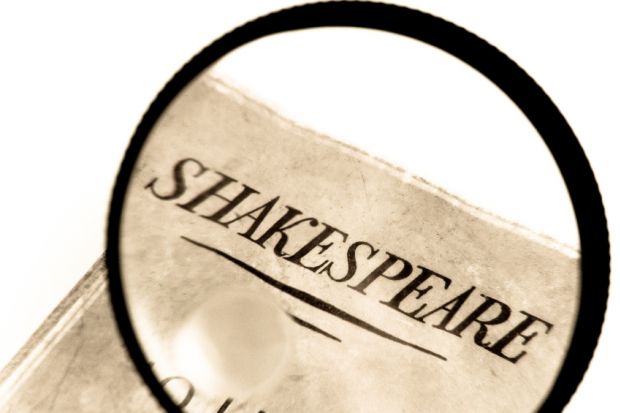With the London Olympics in 2012, the 350th anniversary of his birth in 2014 and now the 400th anniversary of his death, opportunities to celebrate Shakespeare come thick and fast.
Yet even those of us perfectly happy to go on reading and seeing his plays – I cried my eyes out when I went to Pericles at the Globe the other day, much to my wife’s bafflement – must sometimes wonder whether there is much left to say about him.
I raised precisely this question in a feature a few years ago. When someone produces a new edition of a familiar play, I wrote, can we really expect it to “include more than a handful of new readings and new interpretations of lines that have escaped all earlier critics? Can it really offer a major new perspective on the ‘meaning’ of a work as a whole?” Many academics responded eloquently to the challenge and told me about all the ways we are still discovering Shakespeare, through fresh insights into history, Elizabethan stagecraft, the development of English and even the sheer inventiveness of his sexual innuendoes. One also made the point that Shakespeare continues to play a more or less overt role in “ongoing cultural debates we have about homosexuality, about sexism, about colonialism”. (A nice example is Liz Schafer’s recent opinion piece about gender inequality and pay gaps on campus and on the stage.)
Since then, I have been fascinated to learn about how the Globe has combined academic analysis with performance both in the indoor Sam Wanamaker Playhouse and across Africa as part of the two-year Hamlet world tour in order to gain fresh insight into the plays and how they make an impact. At the end of last year, we published Richard Bradford’s entertainingly heretic view that Shakespeare has been greatly overrated and was really just “an exhausting exhibitionist, like an exuberant waiter standing constantly at our shoulder with yet another outrageous concoction”.
This anniversary year promises a deluge of books, including a promised biography by Boris Johnson, although he seems to have been distracted by “vaulting ambition”. Many will no doubt be duds or reworkings of familiar ground. But there are bound to be lots of interesting surprises. I was very intrigued by Edward Wilson-Lee’s Shakespeare in Swahililand: Adventures with the Ever-Living Poet, a remarkable travel book about the Bard’s surprisingly deep influence all the way from Addis Ababa to Zanzibar. Few scholars pursue their passion for Shakespeare quite so far, but it can certainly take one to some unexpected places. You might even find yourself urinating, in full view of the surveillance cameras, in a corner of the British ambassador’s residence in Paris – as Peter J. Smith describes in a hilarious feature in this week’s issue.




